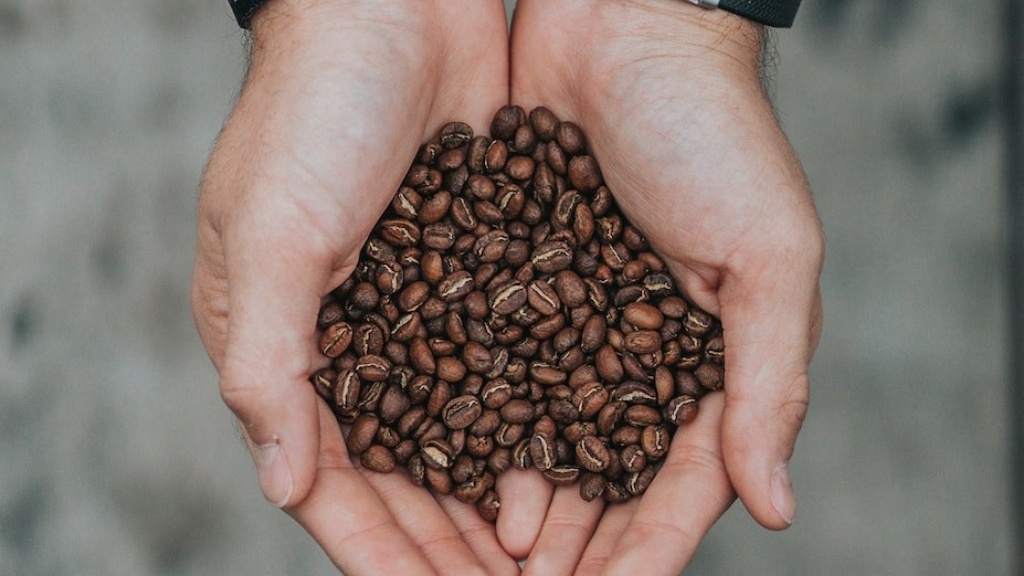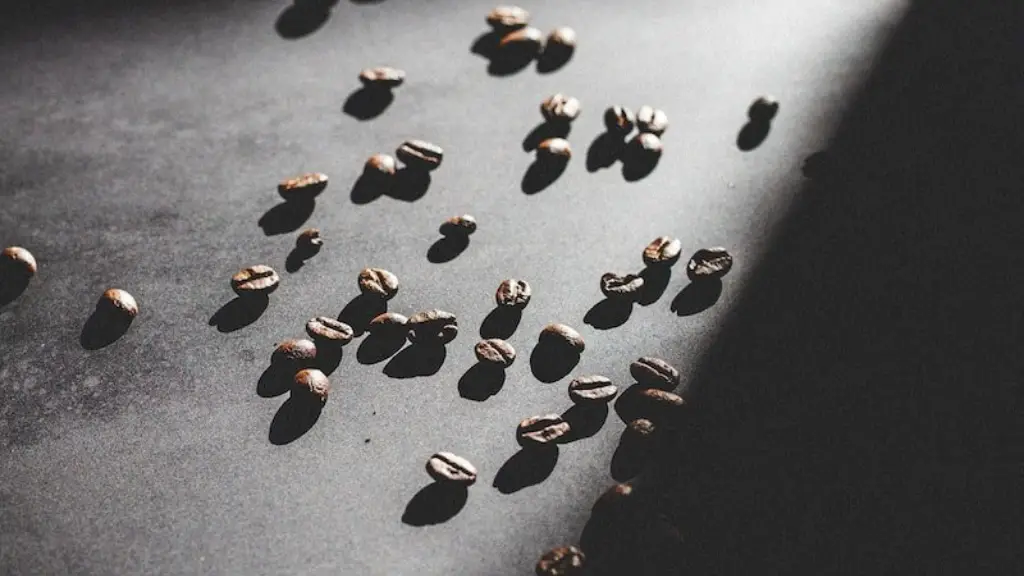Coffee is a popular morning beverage for many people around the world, and it’s known for its stimulating effects. But is there a link between caffeine in coffee and muscle cramps? The answer is not straightforward and can depend on individual variables and reactions to the beverage.
Caffeine affects our bodies in many ways, including increasing adrenaline levels and increasing heart rate. In turn, this can contribute to dehydration, exhaustion, and cramping of the muscles. When we consume large amounts of coffee, caffeine increases the overall work our muscles need to do, which can eventually lead to cramping.
First, it must be noted that individual reactions to coffee, and the amount of caffeine ingested, will vary among people. Some individuals may be particularly sensitive to caffeine and can be more prone to feeling muscle cramps. Similarly, it is important to note that caffeine is a diuretic, meaning it can speed up the loss of water from the body, which can then affect electrolyte levels in the body. Without proper electrolyte balance, one can experience an imbalance of minerals and electrolytes, leading to physical discomfort, headaches and muscle tenderness.
Some studies have proven that coffee can be useful in preventing exercise-induced muscle cramps. However, this does not mean that it is recommended for those who are prone to cramping. Caffeine may reduce the amount of time it takes for the muscle to recover from the physical strain or activity, but this is not its only use. Ultimately, it is important to ensure that one is drinking enough water to replenish lost fluids and electrolytes, as well as fueling the body with necessary nutrients.
Risk Factors
There are certain factors which can increase an individual’s risk of developing muscle cramps after drinking coffee. It is important to take these into consideration when deciding whether to drink coffee or not.
Age is an important factor to consider. Older individuals may be more susceptible to dehydration and electrolyte imbalances due to age-related changes in the body. Additionally, those on certain medications or who have particular medical conditions may be at increased risk for muscle cramps, due to the potential for interactions between caffeine and the medications or medical conditions.
Exercise and activity are also key risk factors for developing muscle cramps. Whether you are a sportsperson or not, activities that involve strength and strain can take their toll on the body. When engaging in physical activity, it is important to ensure that one is staying hydrated and providing the body with necessary nutrition.
Finally, the amount of caffeine ingested can be significant; caffeine is often added to energy drinks, which can contain high levels of it in order to achieve the desired effects. Too much caffeine in one day can cause excessive stress and strain on the body, leading to potential muscle cramps.
How to Prevent Muscle Cramps
In order to prevent muscle cramps, it is important to drink plenty of water and to consume a balanced diet rich in vitamins, minerals and proteins. Additionally, engaging in regular physical activity, such as stretching and strength training, can help keep the muscles flexible, strong, and reduce the risk of cramps.
Additionally, it’s important to watch out for signs of dehydration, such as fatigue, dizziness, and headaches. If these signs are present, it is important to take a break, rehydrate and refuel with electrolytes and carbohydrates.
It is also important to ensure that one is consuming caffeine in moderation, as too much can affect electrolyte balance, increase the risk of dehydration, and cause muscle cramps. Keeping track of the amount of coffee or caffeine one is consuming in one day can help to ensure that one is consuming the beverage in moderation.
Effects of Coffee on Muscle Soreness
Caffeine can also be used as an ally in muscle soreness and recovery. Studies have shown that moderate amounts of caffeine can reduce muscle pain and joint stiffness. In addition, caffeine can also be used to reduce inflammation, as it is known to be an effective member of pain relief.
Additionally, caffeine can reduce fatigue and increase alertness, making it useful for athletes who are looking to increase performance. However, it is important to note that too much caffeine can have the opposite effect, leading to fatigue and fatigue-related muscle cramps.
Coffee as a Performance Enhancer
Caffeine can have a positive effect on exercise performance and can be used to boost an athlete’s performance. Studies have shown that caffeine can increase speed and endurance, reduce pain and muscle soreness, and improve energy and mental focus. This is attributed to the way caffeine stimulates the body’s central nervous system and increases adrenaline levels.
Yet, caution must be taken when using coffee as a performance enhancer. Too much caffeine can lead to negative side-effects, such as anxiety, irritability, sleep disturbances, and dizziness. There is also the risk of addiction and dependency on caffeine.
Long-Term Effects
Over-consumption of coffee can cause a number of negative effects in the long-term. High levels of caffeine can lead to increased anxiety, restlessness, and irritability. Additionally, coffee can also lead to stomach issues, including upset stomach and acid reflux, as well as gastrointestinal discomfort.
When consumed in large amounts, caffeine can also cause headaches and nausea. Additionally, it can impair sleep quality, leading to drowsiness and fatigue during the day. This can, in turn, lead to cognitive impairment and affect one’s ability to concentrate.
Risks of Dehydration
Coffee is a diuretic, meaning it increases the need to urinate. When combined with the dehydration effects of caffeine, this can lead to a loss of water and electrolytes, leading to dehydration. Dehydration can have a number of negative effects on the body, such as fatigue, dizziness, and heat exhaustion.
When dehydrated, one may experience muscle cramps, headaches, and even confusion. One should be sure to replenish fluids and electrolytes if out for a long period of time, particularly if engaging in physical activity. If dehydration is suspected, it is important to immediately stop any activity, rehydrate, and refuel with carbohydrate-rich food or beverage.
Conclusion
In conclusion, it is important to be aware that drinking coffee can potentially cause muscle cramps. This can depend on individual factors, such age, exercise, medication, and individual sensitivity to caffeine. It is important to drink coffee with caution and ensure that one is drinking the beverage in moderation. Additionally, it is essential to ensure one is well-hydrated and refueling the body with necessary nutrients and electrolytes.





